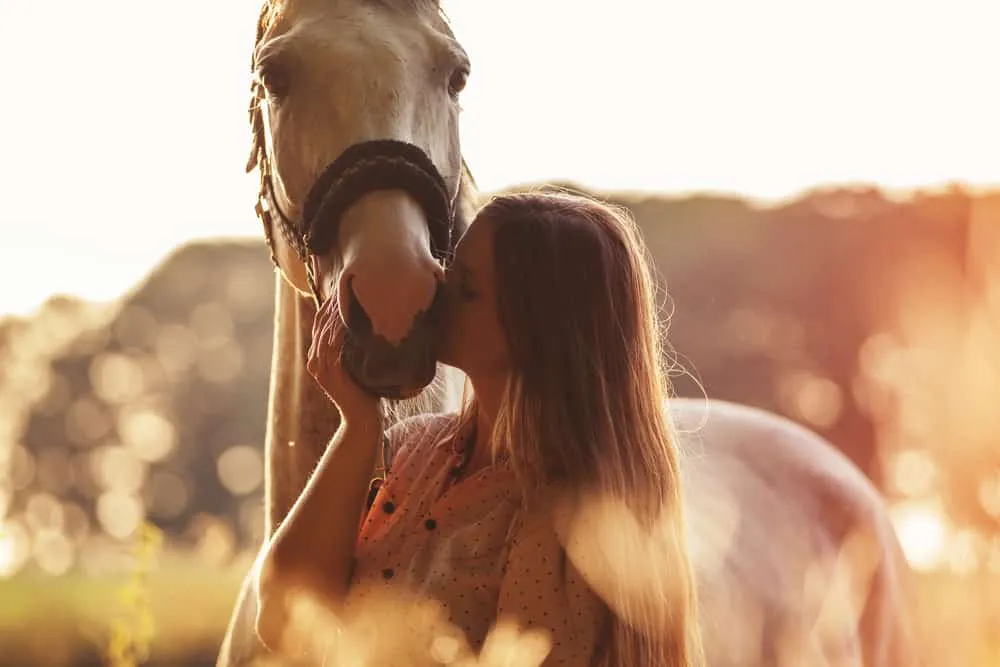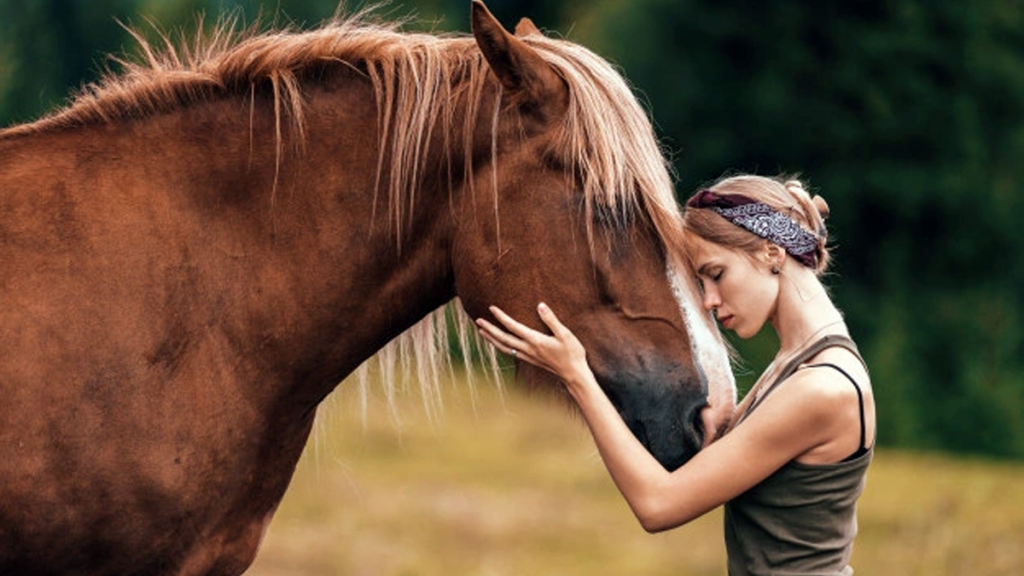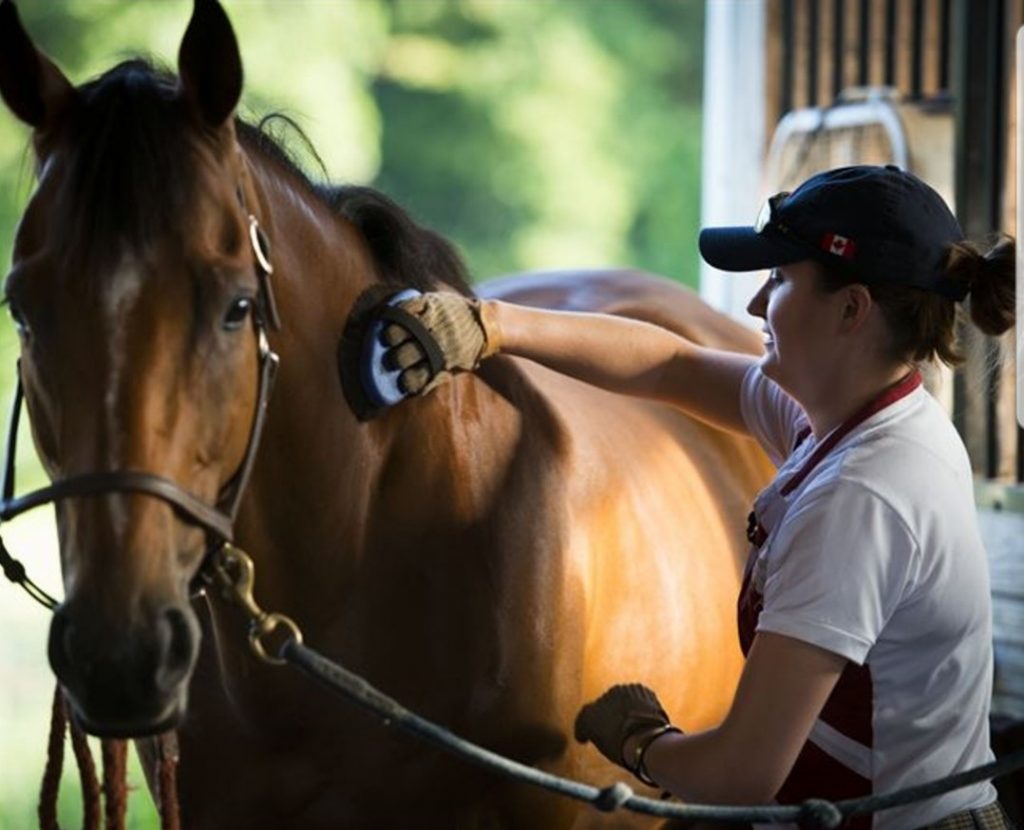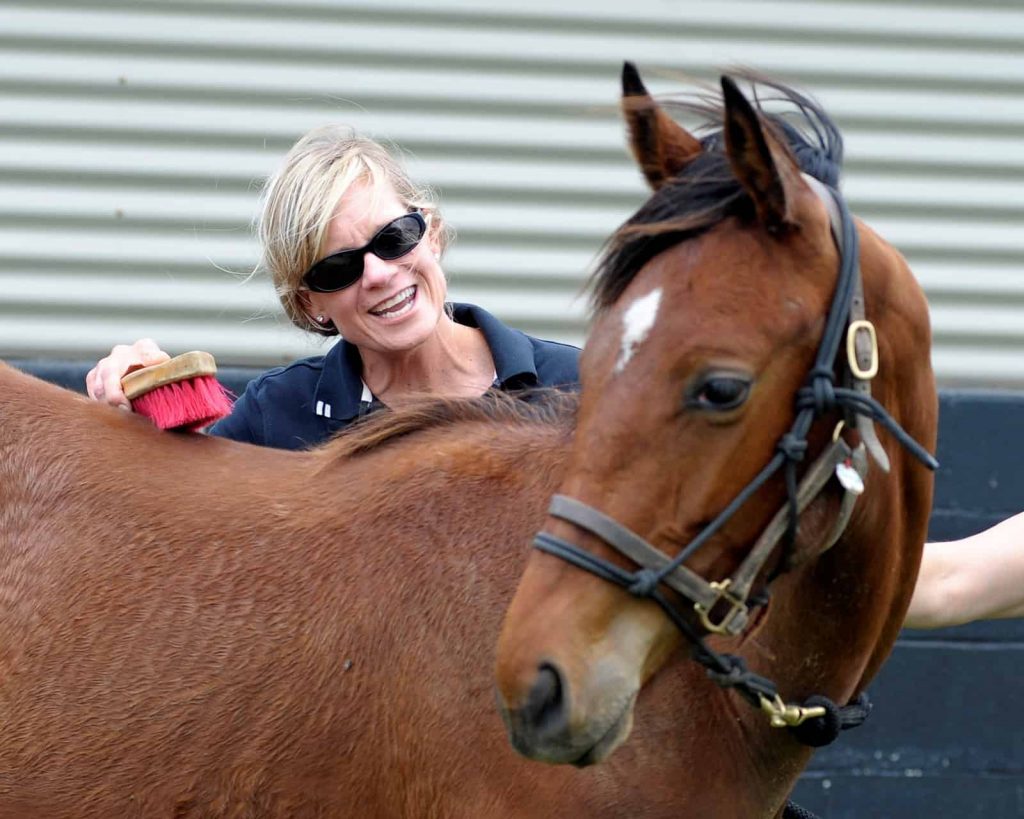Horses are majestic creatures known for their strength, beauty, and loyalty. Over time, they’ve become our companions, working partners, and even therapy animals. But how can you tell if your horse enjoys spending time with you and appreciates your company?
In this article, we will explore the different ways horses show affection, helping you understand if your horse truly likes you.
Seemore: Can Horses Eat Grapes? – All Important Things You Should Know
Understanding Horse Behavior
Before diving into the signs that a horse likes you, it’s important to grasp some basic horse behavior. As prey animals, horses are naturally alert and sensitive to their surroundings. They communicate through body language and rely on their senses to assess potential threats and form social connections.

How Do You Know If a Horse Likes You?
There are several behaviors and gestures that horses display when they are fond of someone. These signs can range from subtle to obvious and can vary depending on the individual horse. Here are some common signs a horse likes you:
2. Displaying Relaxation Signals
Horses are sensitive to stress and tension, so when they feel relaxed and safe around you, they exhibit specific signals such as licking and chewing, lowering their head, or drooping their ears. https://hearttohorses.com
Licking and Chewing
Licking and chewing are signs of relaxation in horses. After stressful events, horses will often exhibit this behavior as a way of releasing tension. If your horse licks or chews in your presence, it shows they are comfortable and feel at ease with you.
Lowering Head and Drooping Ears
When horses lower their head or droop their ears, it signals they are relaxed. A horse may stretch its neck, lower its nose, or close its eyes when they feel safe. Drooping ears indicate calmness, as opposed to the upright position which is typically used to detect threats.

3. Responding to Your Voice and Touch

Horses are highly attuned to sound and touch. When your horse responds positively to your voice or physical touch, it’s a clear sign they enjoy your presence.
Responding to Voice
Horses can recognize familiar voices and may respond with nickering or whinnying when they hear you. If your horse reacts positively to your voice, it’s a sign they know you and are happy to interact with you.
Responding to Touch
Horses have sensitive skin and feel even the slightest touch. When they allow you to touch them, whether by stroking their neck or rubbing their flank, it shows trust. If your horse leans into your touch, it means they seek more physical affection and are comfortable with you.
FAQs: How Do You Know If a Horse Likes You?
What should I do if my horse does not seem to like me?
If your horse avoids you or seems disinterested, it might be due to a lack of trust or previous negative experiences. Take time to observe their body language and build trust through gentle handling and positive interactions.
Can horses show jealousy towards other humans or animals?
Horses can exhibit possessive behaviors, especially towards other horses, but they do not experience jealousy in the same way humans do.
How can I tell if my horse is stressed or unhappy?
Stress or unhappiness in horses can be indicated by body language such as pinned ears, tense muscles, or avoidance behavior like turning away from you.
Can horses differentiate between humans?
Yes, horses have great memory and can recognize familiar faces and voices, forming unique bonds with the humans they trust.
Do all horses show affection in the same way?
No, every horse is different. While some may nuzzle or follow their owners, others may show affection in more subtle ways. It’s important to understand each horse’s individual personality.
Conclusion: How Do You Know If a Horse Likes You?
In conclusion, horses are social creatures capable of forming strong bonds with humans. By understanding their body language and paying attention to their reactions, you can learn whether your horse enjoys your company. Always approach horses with patience, respect, and understanding to earn their trust and affection.

